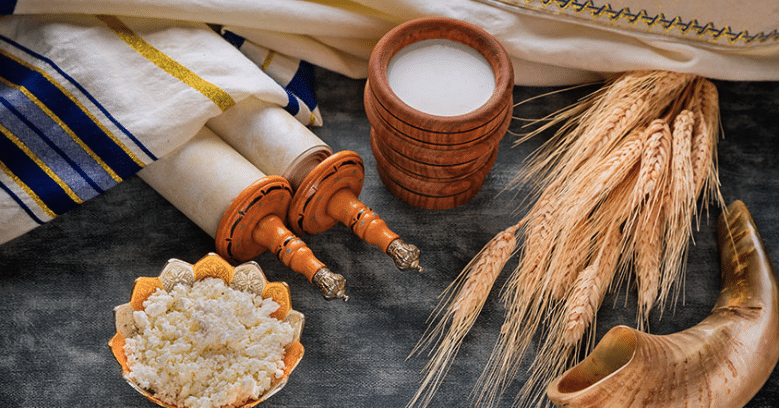Considered to be one of the happiest times in the Jewish calendar, and observed during the High Holy Day season, is the festival of Sukkot (the Feast of Tabernacles or Booths). It starts exactly fourteen nights after the onset of Rosh HaShanah, the Jewish new year, and four nights after the conclusion of Yom Kippur, the Day of Atonement.
This special holiday celebrates the gathering of the fall harvest and commemorates the miraculous protection God provided for the children of Israel when they left Egypt to undertake a 40-year sojourn through the desert to the Promised Land.
This holiday is one of the Shalosh Regalim(three festivals), which include Pesach(Passover), Shavout (Pentecost) and Sukkot(Tabernacles). These are the three annual festival pilgrimages when families would come to the Holy Temple in Jerusalem to worship.
Today, in many places throughout Israel, you can hear families preparing for the holiday shortly after the adults complete the mandated Yom Kippur fast. There are only a few days in which to prepare for the holiday of Sukkot, a time when the heads of the household build their sukkah (pronounced soo-kah). The sukkah is typified by the foliage or vegetation covering this hut-like structure. It is a temporary dwelling place where many families pray, sleep, and eat throughout the holiday. During this festival, sukkot (plural of sukkah) can be seen everywhere, from balconies and rooftops, to gardens and parking spaces.
A sukkah, by tradition, must have at least three walls, and can be made from anything, but there are certain rules which pertain to the roof of the sukkah:
- It must be constructed with material which grows from the earth (e.g., palm branches, not nylon or plastic, etc.).
- This material may no longer be connected to the earth (e.g., if branches are used, they may no longer be connected to the tree).
- The roof must have small gaps through which the open sky is clearly visible.
During Sukkot, in addition to the regular daily morning prayer service, celebrants chant required Torah portions, recite the Hallel (Psalms 113-118) to praise and express gratitude to God), and often have additional times of prayer.
There are Four Species—four kinds of plants—that represent the unity and bounty of Israel. They are brought together during Sukkot. The lulav, a fragrant and lovely bouquet symbolizes joy and the presence of God throughout the world. It consists of three species, lulav (tightly closed date palm frond), aravot (two willow branches), and hadassim (at least three myrtle branches). The fourth species is an etrog (yellow citron), a beautiful, aromatic fruit. This is based on the biblical instruction found in Leviticus 23:40:
“And you shall take for yourselves on the first day, the fruit of the hadar tree, date palm fronds, a branch of a braided tree, and willows of the brook, and you shall rejoice before the Lord your God for a seven-day period.”
The lulav, held in the right hand, and the etrog, held in the left hand, are brought next to one another so that they touch. Special blessings are recited as the etrog and lulav are waved or shaken in short movements, pointing to the four corners of the earth – first to the east, then to the south, next to the west, and then to the north – followed by shaking and pointing upward to the heavens, and then finishing, pointing and shaking the etrog and lulav downward toward the earth itself.
This is done on all the days of Sukkot except for Shabbat (the Sabbath which lasts from sundown Friday evening to sundown Saturday evening).
The first day of Sukkot is celebrated as a full festival with prayer services and special meals. Work is not permitted on the first day, and some people extend that to the second day of Sukkot. The remaining days are known as Chol Hamo’ed, intermediate days, while the seventh day of Sukkot is called Hoshanah Rabbah(final day of divine judgement in which the fate of the new year is determined) and has its own special observance of prayer and study.
While Sukkot festivities can take different forms, ranging from simple traditional observances to more extravagant affairs, the common thread which binds them all is joyful celebration, fellowship with loved ones, and, most assuredly, exuberant worship of God.
Immerse yourself in the joy and meaning of Sukkot on your next trip to Israel.
Email Cindy at cindy@israeladvantagetours.com or visit
www.israeladvantagetours.com to make your trip of a lifetime a reality!
Originally posted at israeladvantagetours.com

